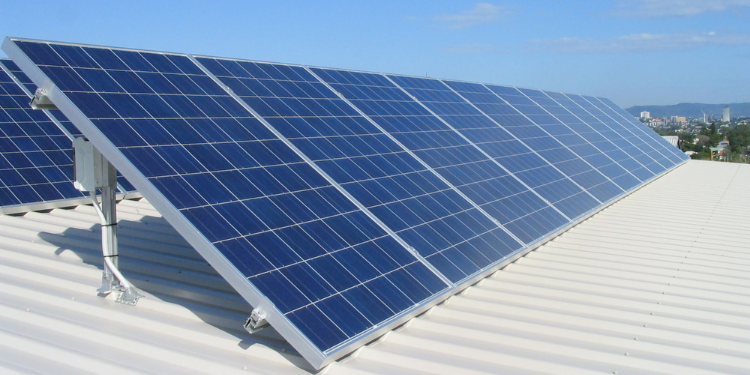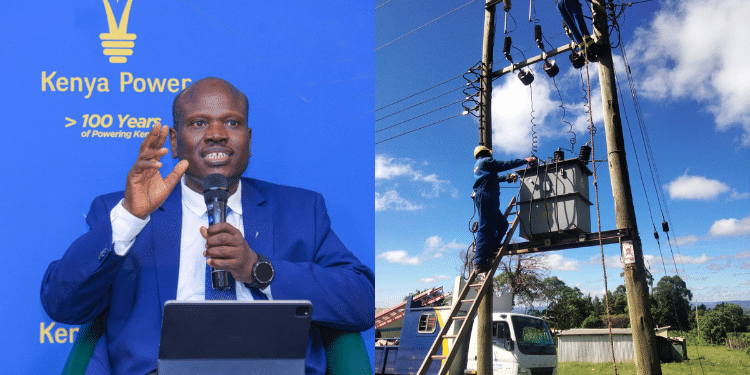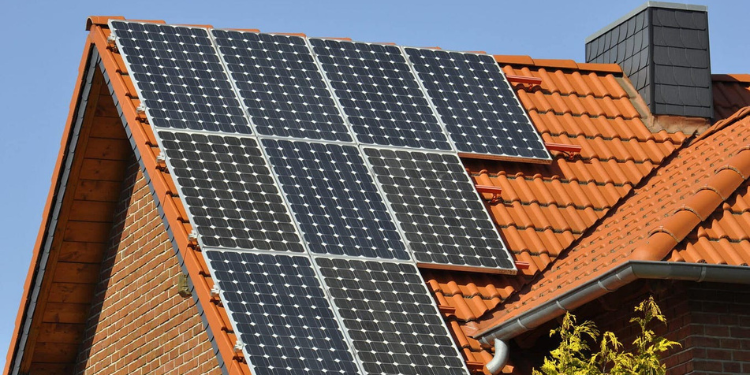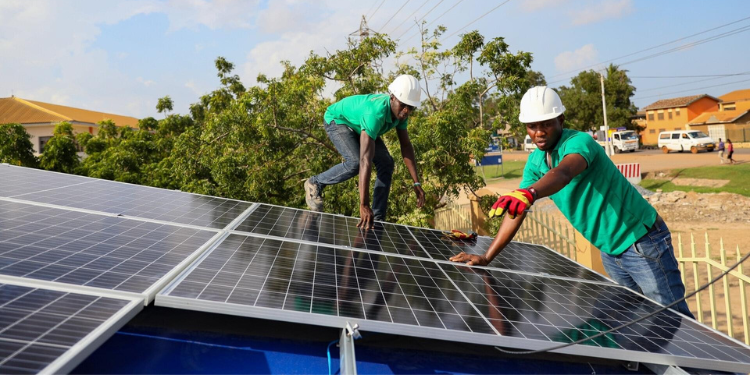Kenya enjoys abundant sunlight year-round, making solar energy a practical and sustainable solution for households. Rising electricity costs, frequent power outages, and growing environmental awareness have accelerated the adoption of solar panel systems across the country.
Selecting the right solar panels requires careful consideration of energy needs, system efficiency, durability, costs, and installation quality.
This guide provides a detailed framework for Kenyan homeowners seeking reliable solar solutions.
How to Choose the Best Solar Panels
Determine Your Energy Needs
Begin by assessing your household’s energy consumption.
Identify all electrical appliances and estimate their daily usage in kilowatt-hours (kWh), as this will help you determine the size of the solar system required to meet your energy needs.
For instance, a typical 3-bedroom house may require a 3–5 kW system, depending on appliance usage and desired energy independence.
Homeowners planning for future expansion, such as adding air conditioning or electric water heating, should account for this in their calculations.
It is also important to decide whether your system will be grid-tied or off-grid.
Grid-tied systems supplement electricity from the national grid and allow excess energy to be sold back, while off-grid systems are fully independent but require battery storage to meet nighttime demand.
Hybrid systems combining both options are increasingly popular in Kenya, offering flexibility and energy security.
Understand Solar Panel Efficiency
Solar panel efficiency refers to the percentage of sunlight a panel can convert into usable electricity.
In Kenya, where sunlight is abundant, choosing high-efficiency panels can maximize energy production.
Monocrystalline panels are known for their higher efficiency compared to polycrystalline panels. Currently, panel efficiencies range from 15% to 23%, with higher-end models offering better performance in limited space.
Higher-efficiency panels generate more electricity per square meter, reducing the required roof space and maximizing energy output, especially during cloudy periods.
Evaluate Durability and Warranty
Given Kenya’s diverse climate, it’s crucial to select solar panels that can withstand local weather conditions.
Look for panels with durable aluminum frames and tempered glass that resist wind, hail, and corrosion.
Opt for panels with robust frames and protective glass, and ensure the manufacturer offers a comprehensive warranty (typically 10–25 years) to cover potential defects and performance issues.
Compare Costs and Brands
Solar panel prices in Kenya vary based on brand, efficiency, and capacity.
While it’s tempting to opt for cheaper options, investing in reputable brands can lead to better long-term performance and reliability.
Consider Installation and Maintenance
Proper installation is vital for optimal performance, so ensure that the installation company is certified and experienced.
Regular maintenance, such as cleaning panels and checking system performance, will prolong the lifespan of your solar system.
Investing in established brands minimizes maintenance issues and improves energy yield over the system’s lifespan.
Also Read: HELB Simplifies Access to Compliance Certificates Online; How to Check
When budgeting, account for not only the panels but also inverters, batteries, mounting structures, and installation costs.
Explore Financing Options
The initial cost of solar installation can be significant.
However, various financing options are available, including:
- Installment Plans: Some suppliers offer payment plans that allow you to pay for your system over time.
- Government Incentives: Investigate if there are any government subsidies or incentives for renewable energy installations.
- Loans: Certain financial institutions provide loans specifically for solar energy systems.
Choosing a reliable supplier ensures quality products and services.
Leverage Local Resources
Kenya’s abundant sunlight makes it an ideal location for solar energy.
Utilize local resources and consult with professionals to design a system that meets your specific needs and budget.
Also Read: How Boda Boda Reforms Can Curb Crime and Protect Communities
Homeowners should leverage local expertise to design systems tailored to energy needs, roof space, and budget.
Integrating solar energy reduces reliance on the grid, lowers electricity bills, and contributes to environmental sustainability.
With careful planning, quality panels, and professional support, solar systems can provide reliable power for decades.
Follow our WhatsApp Channel and X Account for real-time news updates.


















































![Senator Allan Chesang And Chanelle Kittony Wed In A Colourful Ceremony [Photos] Trans Nzoia Senator Allan Chesang With Channelle Kittony/Oscar Sudi]( https://thekenyatimescdn-ese7d3e7ghdnbfa9.z01.azurefd.net/prodimages/uploads/2025/11/Trans-Nzoia-Senator-Allan-Chesang-with-Channelle-KittonyOscar-Sudi-360x180.png)
























